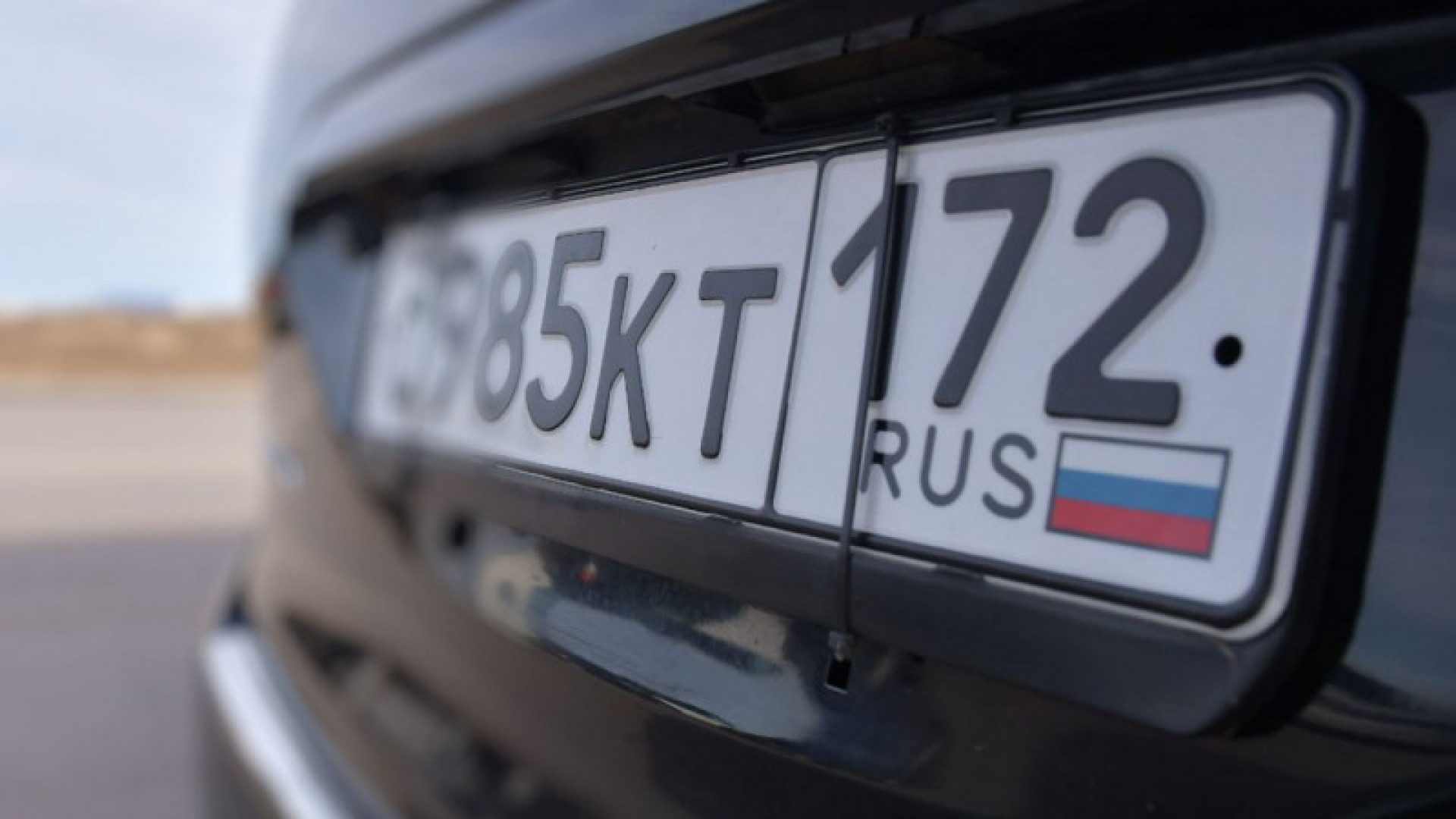
Lithuania has established a requirement for vehicles with Russian license plates that arrived in the country before the entry ban was introduced to leave the country and the entire territory of the European Union within 6 months from the date of their arrival.
This is stated in a statement by the Lithuanian customs.
The exception applies to Russian citizens traveling in transit to or from the Kaliningrad region in cars with Russian registration, but only with a simplified transit document.
It is noted that such transit cannot exceed 24 hours, and the car must be accompanied by its owner.
The ban on entry for cars with Russian registration applies to all vehicles, regardless of the nationality of their owner or driver.
The restrictions are related to Russia’s attempts to circumvent international sanctions, including the ban on imports from Russia, which applies to cars, cameras, laptops, and hundreds of other everyday items.
In case of violation of this prohibition, a fine and/or confiscation of the vehicle is provided.
Earlier, Lithuania announced a ban on cars with Russian license plates. The same decision was made by Latvia and Estonia.
On September 16, Polish Interior Minister Mariusz Kaminski said that Poland would also not allow cars with Russian registration to cross the border.
Finland made the same decision.
Norway (not a member of the EU, but a member of the Schengen area) and Germany are also expected to announce their respective measures in connection with the new recommendations of the European Commission.

